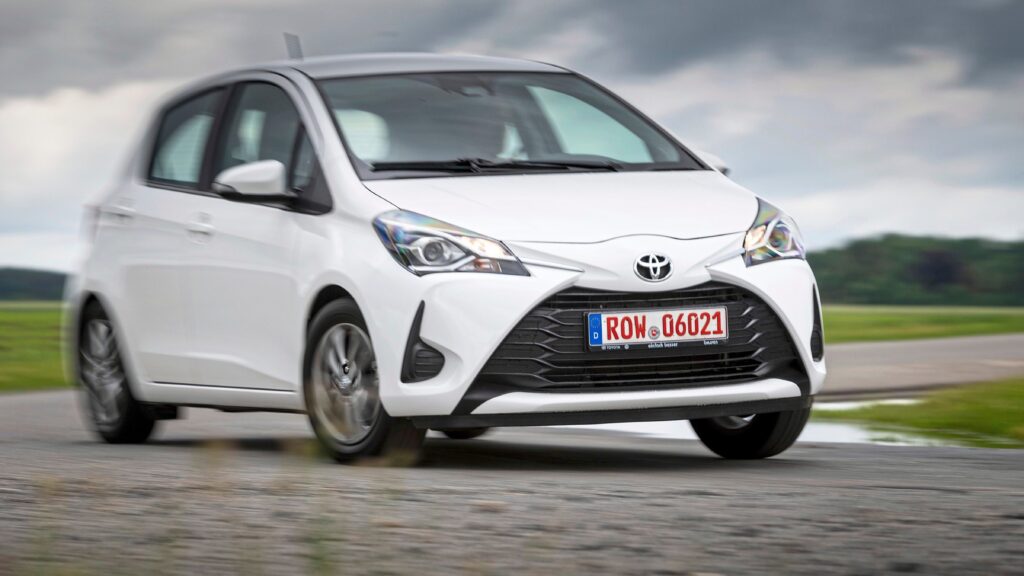
The Importance of Toyota in the Automotive Sector
Toyota, a globally recognized automobile manufacturer, holds a significant position in the automotive industry. Established in 1937, the brand is known for its commitment to quality, innovation, and sustainability. As the world’s largest car manufacturer, Toyota’s developments in technology and eco-friendly practices have not only influenced the automotive market but also set benchmarks for competitors. In light of the recent trend towards electrification and autonomous driving technologies, understanding Toyota’s strategies is crucial for both consumers and industry stakeholders.
Recent Innovations and Developments
Recently, Toyota has unveiled various innovative projects aimed at enhancing vehicle performance and reducing environmental impacts. One of the most notable is the introduction of the Toyota bZ series, which represents the brand’s commitment to electric mobility. The first model, the bZ4X, is expected in showrooms soon, offering an electric vehicle that prioritizes both performance and zero emissions.
Moreover, Toyota is investing heavily in hydrogen fuel cell technology. The Toyota Mirai, a hydrogen-powered vehicle, showcases the company’s advancements in this field. With a significant investment of over $400 million in hydrogen infrastructure, Toyota aims to create a sustainable ecosystem for hydrogen vehicles, further enhancing their ecological credentials.
Commitment to Sustainability
In line with global sustainability trends, Toyota has set ambitious goals for carbon neutrality. The company aims to achieve carbon neutrality by 2050 across its operations and products. This includes not only the manufacturing process but also the entire lifecycle of their vehicles. To support this goal, Toyota has set a target of introducing 15 battery electric vehicles (BEVs) by 2025, emphasizing their commitment to reducing the reliance on fossil fuels.
Conclusion and Future Prospects
As the automotive landscape evolves, Toyota stands at the forefront with its emphasis on sustainability and innovation. The company’s efforts to transition to electric and hydrogen vehicles reflect a broader commitment to environmental stewardship that resonates with consumers worldwide. Looking ahead, it is clear that Toyota’s proactive approach to integrating advanced technologies will play a pivotal role in shaping the future of mobility. Furthermore, this approach positions Toyota not only as a market leader but also as a key player in the global journey towards a sustainable automotive future.



